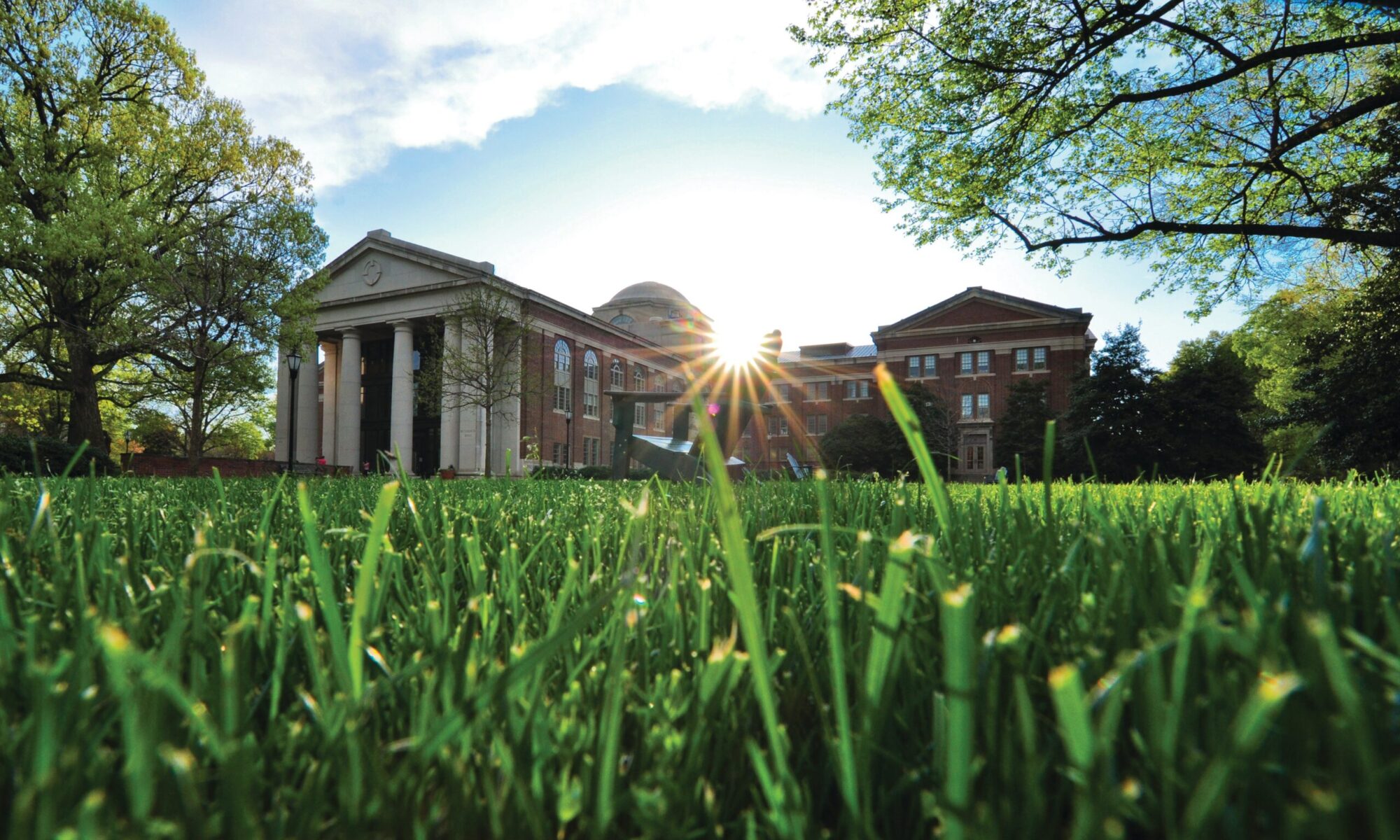Below is the second post written by Jolley Foundation grant recipient Keri Register ’16 about her summer internship in South Carolina. Her first post can be found here.
As my internship at Sexual Trauma Services of the Midlands is drawing to a close, I can honestly say that my work with the agency has been one of the most fulfilling experiences of my life. Working with victims of sexual trauma has changed my outlook in so many ways and has pushed me to my limits every day. All of the ugliness and darkness of sexual assault drastically contrasts with the strength and perseverance of the survivors I work with.

Over the past three weeks, I have accompanied three more survivors to the hospital and answered multiple hotline calls. Each encounter with a survivor was completely different than the others, and I had to learn to quickly adapt and think on my feet to serve that survivor in the best way possible. I worked with survivors of all ages and genders, from a young child to grown men. Every situation was unique and required different resources and different emotional channels.
Hotline calls were perhaps the most difficult aspect of advocacy for me personally. STSM runs a 24 hour hotline for survivors to call at any time, whether they are having an emotional crisis or they need important information on legal aspects or therapeutic facilities. Apart from working full-time in the office, I was on-call for 15 hour night shifts once or twice a week. I had to be ready to take a call at all times, and needless to say, for the first few times, I hardly slept a wink because I was terrified I would miss a call. Apart from the irregular hours, when a call actually did come in, it was incredibly difficult to carry on a discussion of such an emotional nature when there are no facial expressions or reassuring touches involved. At the hospital, when I’m working one on one with a survivor, I can see everything they’re going through, and if they cry, I can offer them a tissue or a hand to hold. On the phone, there’s nothing except my voice, which introduces a lot more pressure to say exactly the right thing at precisely the right time.

Hospital calls, on the other hand, became a lot less stressful after the first time. I enjoyed getting to meet with survivors face to face and I developed a good rapport with every survivor I worked with. Whether it was discussing high school drama with a teenage girl to playing with stuffed animals with a little toddler, I tried to reduce the level of trauma associated with the experience as much as possible. I also learned to work closely with police and medical staff, though at times it was difficult not to cross into another’s territory. Some of the police officers and forensic nurse examiners I worked with were gentle and considerate of the survivor. Others insinuated that the survivor was blatantly lying. There was a delicate balance to maintain, and I soon found that the survivor looked to me to make that happen. Though I wasn’t always thrilled about being called in the middle of the night to go to the hospital (I once spent all night at the hospital with a survivor, from 11:00 at night to 9:30 the next morning), at the end of each trip, I was grateful for the opportunity to help the survivor in some small way, and each one of them in turn taught me about human nature and what it means to be strong.
This summer has been a time of personal growth and though the process may have been frustrating or painful at times, I know that this experience with Sexual Trauma Services has changed my life for the better. The passion I have developed for helping survivors of sexual assault has already begun to weave its way into my plans for the future. I hope to spend next summer volunteering at a women’s shelter or crisis center in Europe, and I hope that the mission of putting an end to sexual violence will continue to play a part in my life for years to come.
